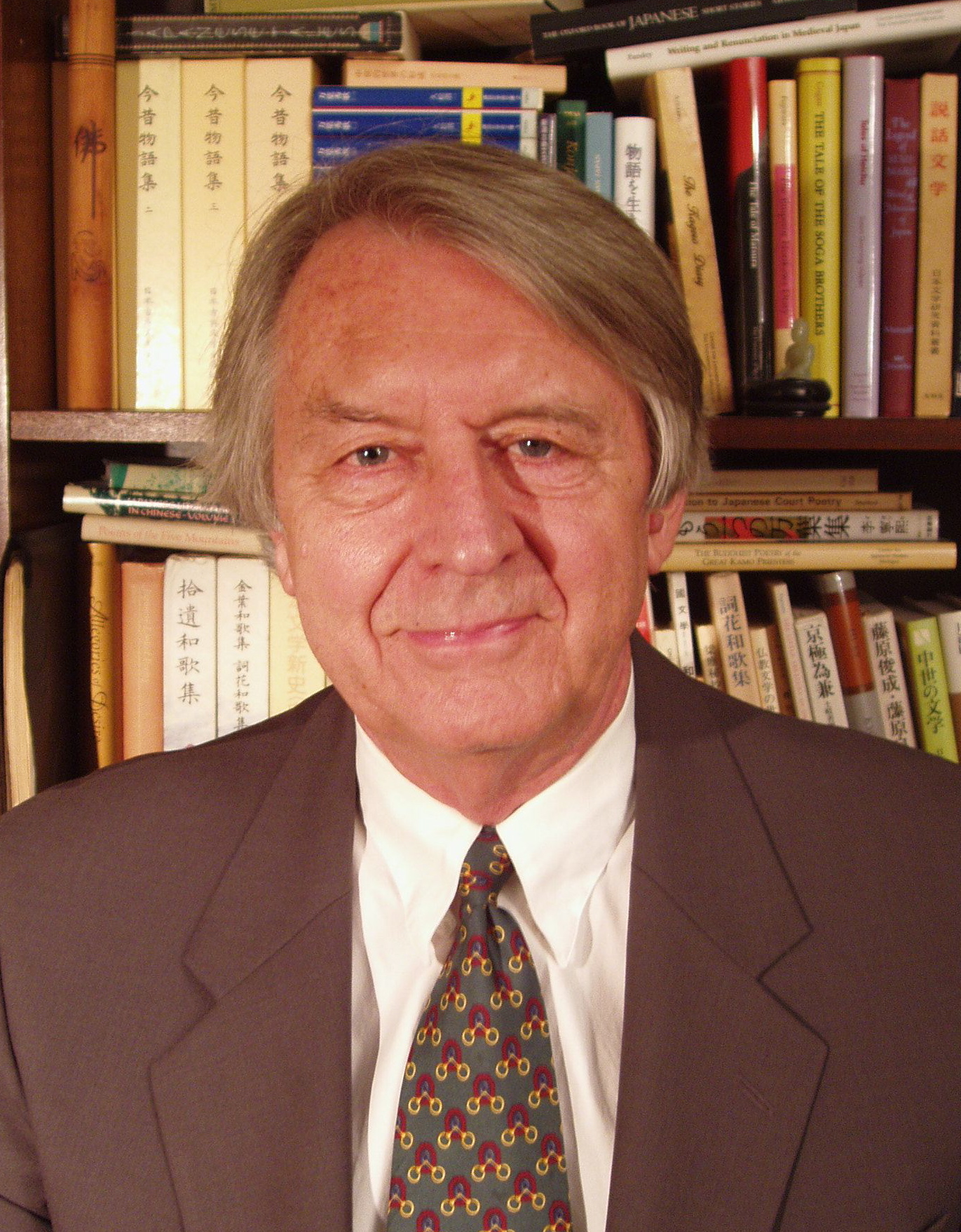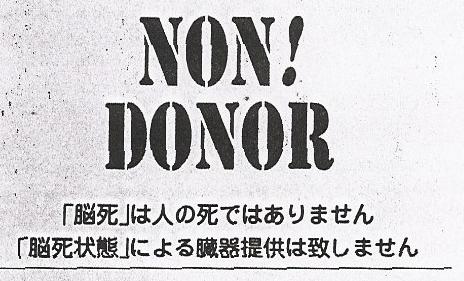

William R. LaFleur
E. Dale Saunders Professor in Japanese Studies
Department of East Asian Languages and Civilizations
847 Williams Hall
University of Pennsylvania
Philadelphia PA 19104-6305 USA
(215) 898-6035
lafleur@sas.upenn.edu
Dr. LaFleur is on leave for the Fall 2006 semester.
My specialty is the study of Japan and much of my work deals with comparisons between Japan and the United States—especially in the areas of religion, public philosophy, and social ethics. Although much of my earlier work concentrated on Buddhism and the literary arts in medieval Japan, within more recent decades it has been comparative ethics and especially bioethics that have been the focus of my writing, teaching, and public lecturing. I currently am also a Senior Fellow at Penn’s Center for Bioethics and comment at times on these matters in the public media.
My undergraduate degree is from Calvin College. My MA degrees
are in Comparative Literature from the University of Michigan and in the History
of Religions at the University of Chicago. My PhD is also from Chicago, where
I studied primarily with Joseph Kitagawa and Mircea Eliade. My focus there was
on Buddhism in Japan. I held positions at Princeton University and UCLA before
joining the Penn faculty in 1990. Among my books are The Karma of Words:
Buddhism and the Literary Arts in Medieval Japan (University of California
Press, 1986); Liquid Life: Abortion and Buddhism in Japan (Princeton
University Press, 1992); and Buddhism: A Cultural Perspective
(Prentice-Hall, 1988). I edited Dôgen Studies and Zen
and Western Thought: Essays by Masao Abe (both from the University of
Hawaii Press). The latter book was recipient of the American Academy of Religion’s
prize. In 1989 I was the first non-Japanese to be awarded the Watsuji Tetsurô
Culture Prize. My books have also been published in Japanese, Russian and German.
My longstanding interest in comparative ethics took shape with the publication in 1992 of Liquid Life, a quite widely-cited book which shows why the religious matrix of Japan facilitated a perspective on abortion that differs significantly and in instructive ways from the way religion and abortion have been debated in North America. During the 1990s I gave increasing attention to the copious Japanese writing across a range of bioethical questions, began publishing essays on these matters, and assembled what will be the contents of a volume, still untitled, that will compare bioethics in Japan with its American counterpart.

Japanese resistance to the brain death concept and cadaveric
organ transplantation is among the topics explored. In the interim I have been
the principal editor, although greatly assisted by Gernot Böhme and Susumu
Shimazono, of Dark Medicine: Rationalizing Unethical Medical Research—to
be published in 2007 in Indiana University Press’s series on bioethics.
An edition of this book in German is in process and one in Japanese is anticipated.
Hoping that my public lecturing and publishing on
bioethics will not totally eclipse my earlier interest in literature and medieval
Japan, I recently updated my studies in those areas by publishing Awesome
Nightfall: The Life, Times, and Poetry of Saigyô (1118-1190) (Wisdom
Books, 2003). This book augmented what had earlier been available in English
of this medieval Buddhist monk’s fascinating life and captivating verse.
Essays on Bashô, on Noh, and on Japanese film have also been showing up
in print recently.